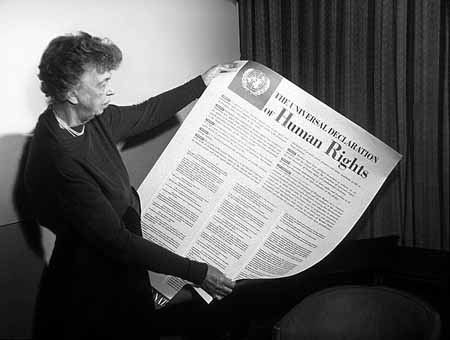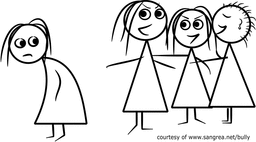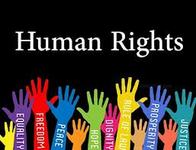 peta.org.uk
peta.org.uk - Human animals have rights
- There is no morally relevant difference between human animals and adult mammals
- Therefore adult mammals must have rights too
The weakest premise in this sequence is the second one but might be justified on these grounds:
- They have similar levels of biological complexity
- They are conscious and aware that they exist
- They know what is happening to them
- They prefer some things and dislike others
- They make conscious choices
- They live in such a way as to give themselves the best quality of life
- They plan their lives to some extent
- The quality and length of their life matters to them
Because of all these things animals are said to have 'inherent value'. Beings with inherent value are equally valuable and entitled to the same rights. Their inherent value doesn't depend on how useful they are to the world, and it doesn't diminish if they are a burden to others. Thus adult mammals have rights in just the same way, for the same reasons, and to the same extent that human beings have rights.
- Animals don't Reason
- Animals were put on earth to serve human beings by the creator (see Genesis 1)
- Animals don't have souls and so are metaphysically distinct from Humans
- Animals don't behave morally and therefore do not merit moral treatment
- Animals lack the capacity for free moral judgment - the do not have agency or autonomy in the samne way that humans do.
- Animals are not members of the 'moral community' - this was put well by Mary Warnock: "May they [animals] be hunted? To this the answer is no, not by humans; but presumably their rights are not infringed if they are hunted by animals other than human beings. And here the real difficulties start. If all animals had a right to freedom to live their lives without molestation, then someone would have to protect them from one another. But this is absurd... (M Warnock, An Intelligent Person's Guide to Ethics, 1998)
All of these arguments make the case that Humans and Animals are fundamentally different to one another and therefore the same inherent value we give to human life cannot simply be transferred to animals.
What do you think?









 RSS Feed
RSS Feed
